
By Fred Shahadi
The 1970s were good to the three men in the boat. In fact, by 1975 it would have been hard to point out a more successful trio of actors when it came to both critical and box office success than Roy Scheider, Richard Dreyfuss, and Robert Shaw. To be fair, that statement is justified by the fact JAWS became the highest grossing film of all time upon its release. But the euphoria, and the box office record, wouldn’t last long. In the short three years following JAWS ’ debut, the men in the boat’s careers would go on quite a rollercoaster.
One of them would win Best Actor.
One of them would return in JAWS 2.
and One of them would be dead.
Although all of the actors were known commodities by the time they were cast in JAWS , the movie’s success would bring them to another level especially after they became known as the lead actors in the biggest movie of all time.
After the release of JAWS each man would go on to capitalize on the movie’s monster success with a list of prestige and commercial hits, along with some notable misses, that almost seem too good to be true.
By the time Roy Scheider had been cast as Chief Brody he was already in the middle of a great run.

Nearly all of his parts in the ‘70s, even prior to JAWS, were in critical or box office darlings. The French Connection four years earlier saw Scheider nominated for Best Supporting Actor. The film won Best Director for William Friedkin, Best Actor for his co-star Gene Hackman, and the Oscar for Best Picture. Scheider followed that with a lead role in The Seven-Ups and a flashy but uncredited performance in Klute with Jane Fonda. Scheider was rolling by the time he got Chief Brody.
In less than five years after JAWS, Scheider would go on to receive his second Oscar nomination, this time for Best Actor for playing Bob Fosse’s alter ego Joe Gideon in All That Jazz (1979). Coincidently, Scheider got the role of Joe Gideon in All That Jazz when his JAWSJAWS co-star Richard Dreyfuss backed out. After JAWS, Scheider worked with some of the biggest name directors in the industry like Schlesinger, Demme, and Fosse, and arguably turned in his greatest work as an actor with William Friedkin’s Sorcerer (1977). Sorcerer is a film that still continues to get discovered despite getting lost in the shadow of Star Wars (1977) at the time of its release. Even Scheider’s smaller supporting roles in movies like Marathon Man (1976) opposite Laurence Olivier and Dustin Hoffman were rich with emotion. Scheider’s track record was so good during this period his only miss was turning down the lead role in Michael Cimino’s The Deer Hunter (1978), another film that went on to win Best Picture and helped solidify Robert DeNiro as a force in Hollywood.
Sadly, Scheider’s reprising of the role of Chief Brody once more for JAWS 2 (1978) was not a pleasant experience for him. Legend has it Scheider was so unhappy with the production he trashed his hotel room during filming, leading him to be released from any further obligation to the franchise.
The eighties and beyond saw a notable decline for Scheider. While I am the first person to champion the work of Roy Scheider in any decade, it’s fair to say his subsequent years were far less prestigious. That is not to say it was all bad. 52 Pick-Up (1986) is a hidden gem, so is Peter Hyams’s 2010 (1984), the sequel to 2001: A Space Odyssey. Blue Thunder (1983) is somewhat of a cult classic/guilty pleasure that spawned a TV show, and The Myth of Fingerprints (1997) remains an underrated indie that still deserves a second look. From 1993 to 1995 Scheider returned to the water as Captain Nathan Bridger in the Spielberg-produced TV series SeaQuest 2032. Scheider’s chilling appearance on the Law & Order: Criminal Intent episode “Endgame” in 2007 showed an even deeper range to his acting than we’d seen in years, but the magic run of the 1970s was far behind him. He died in 2008.
Before taking on the role of Hooper in JAWS, Richard Dreyfuss bounced around in television and small roles before his breakout performance in the George Lucas ensemble coming of age film American Graffiti (1973).
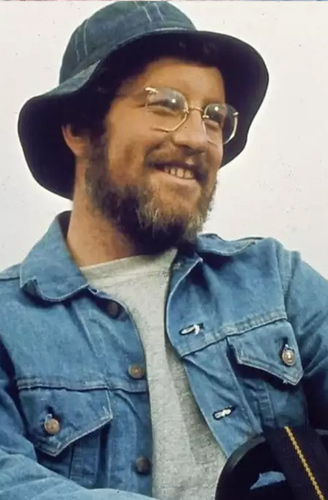
After JAWS, Dreyfuss had arguably the best run of the three taking the lead in Spielberg’s next feature Close Encounters of the Third Kind (1977) before winning the Oscar for Best Actor for his performance in Neil Simon’s The Goodbye Girl the same year. With the notable misstep of backing out of Fosse’s All That Jazz (1979), Dreyfuss kept his foot on the gas starring in film after film with little rest. He even took on Shakespeare as Iago to Raul Julia’s Othello (1979) which was filmed for television. The pace and reception of the next spate of films took its toll on Dreyfuss who had a very public battle with substance abuse.
He would later triumph over this with a comeback in the middle eighties with films like Down and Out in Beverly Hills (1986), Tin Men (1987), and Nuts (1987). A personal favorite of mine, Moon Over Parador (1988) found Dreyfuss once again opposite Raul Julia in this vastly underrated comedy. Dreyfuss would finish out the eighties once more serving as Spielberg’s lead in Always (1989), the remake of sorts of A Guy Named Joe (1943). Always was a modest hit for Spielberg and Dreyfuss but had far less fanfare than their previous two outings together. In later years Dreyfuss found flashy supporting roles like the high-profile defense lawyer in Sidney Lumet’s Night Falls on Manhattan (1996) and the conservative foil Senator Rumson in Rob Reiner’s The American President (1995).
In 1995 Dreyfuss would once again be nominated for Best Actor for playing the title role in Mr. Holland’s Opus losing to Nicolas Cage for Leaving Las Vegas. As the last living of the three men on the boat Dreyfuss has lent his voice to several “making of” features and tells fun stories of times on set, including clashes with his scary co-star, Robert Shaw.
Robert Shaw didn’t get to enjoy his newfound recognition after JAWS, succumbing to a heart attack at only 51 in 1978.

In the three years following his stint as Quint the shark hunter Shaw did a total of eight more films the last of which, Avalanche Express (1979), he died while making. Sadly, most of these films were misfires either critically or at the box office. Some of the eight films had big profiles like Force 10 From Navarone (1978), a sequel to the immensely popular Guns of Navarone (1961) which had Shaw taking over the role made famous by Gregory Peck. Force 10 from Navarone had a lot of promise starring a post-Star Wars (1977) Harrison Ford and post-Rocky (1976) Carl Weathers, but despite the built-in audience it failed to ignite the passion of those films. The aforementioned Avalanche Express, a cold war thriller with Lee Marvin, was another critical and box office disappointment which was especially sad as it was Shaw’s last onscreen performance.
Shaw would strike gold ironically with Peter Benchley’s sophomore novel The Deep (1977). Peter Benchley’s beach-read-turned-movie starring Nick Nolte was an unqualified success despite being a critical disaster. Set once again primarily in (and under) the water and starring one of the three leads from JAWS was enough to pack them in, that and Jaqueline Bissett’s infamous wet t-shirt.
Critics panned the film which in retrospect paled in comparison to JAWS, but was an undeniable success nonetheless, earning nearly a hundred million dollars worldwide on a nine-million-dollar budget. Regardless of Shaw’s post-JAWS misses, he easily had the most prestigious career prior to getting eaten alive by Bruce the shark.
Robert Shaw was more than merely an actor. He was a playwright, author, and veteran of Shakespeare’s best stages in England. His contemporaries included Alec Guinness, John Gielgud, and Laurence Olivier to name only a few. Shaw would make his name early on screen as a villain mostly due to his memorable bad guy roles in From Russia with Love (1963), The Sting (which also won Best Picture in 1973), and The Taking of Pelham 123 (1974), which in my opinion has an even better death scene for Shaw than Quint’s.
In his personal life Shaw was a notorious drinker. Although this was not that uncommon amongst some of his peers, this behavior clearly contributed to his early demise. Shaw’s drinking, coupled with the accidental overdose death of his second wife, sent him into a deep depression after the success of JAWS. Even though he was now undoubtedly an international star he found it to be an empty experience: “I have it in mind to stop making these big-budget extravaganzas, to change my pattern of life. I wanted to prove, I think, that I could be an international movie star. Now that I’ve done it, I see the valuelessness of it.” I’m sorry Shaw died so young; had he overcome his demons who knows what great performances may have lay ahead. Shaw got a well-deserved Oscar nomination for playing a slender version of Henry VIII in A Man for All Seasons (1966) opposite Paul Scofield as Sir Thomas More. Scofield would go on to win Best Actor and the film itself won Best Picture.
Although JAWS won Oscars for Best Sound, Best Film Editing, and Best Original Score for John Williams, the three men in the boat all shamefully got passed over for nominations (Spielberg’s omission for Best Director that year was equally unjust). Even without the last fifty years and all of their careers laid before us it’s still easy to see this as a massive oversight by the Academy. These three performances are easily among the best in film acting. The look on Roy Scheider’s face when he sees just how big Bruce really is when he delivers the famous line, “You’re gonna need a bigger boat”; the disgust of Richard Dreyfuss as he battles the smell from the innards of the dead shark to prove the dead boy isn’t inside its stomach (Dreyfuss made up this “smell”); and, of course, Shaw’s famous speech about surviving the sharks in the Pacific after delivering the bomb for Hiroshima: “Y’know, that was the time I was most frightened, waitin’ for my turn. I’ll never put on a life jacket again. So, eleven hundred men went into the water, three hundred sixteen men come out, and the sharks took the rest, June the 29th, 1945. Anyway… we delivered the bomb.” All of these moments are simply ICONIC.

The three men in the boat couldn’t have possibly seen how big this film would become at the time but even if they did, no one could predict its staying power over the next five decades. I highly encourage you to seek out more works from Roy Scheider, Richard Dreyfuss, and Robert Shaw, both before and after JAWS and decide for yourself.
Start with this list:
Robert Shaw:
- From Russia with Love
- A Man for All Seasons
- The Taking of Pelham 123
- JAWS
- Black Sunday* (Shaw did an uncredited re-write on this screenplay, also check out his play “The Man in the Glass Booth”)
Roy Scheider:
- The French Connection
- JAWS
- Sorcerer
- All That Jazz
- 52 Pick-Up
Richard Dreyfuss:
- American Graffiti
- JAWS
- Close Encounters of the Third Kind
- Moon Over Parador
- Night Falls on Manhattan
ABOUT FRED SHAHADI:
Fred Shahadi is an award-winning filmmaker, playwright, and television writer living in Los Angeles.




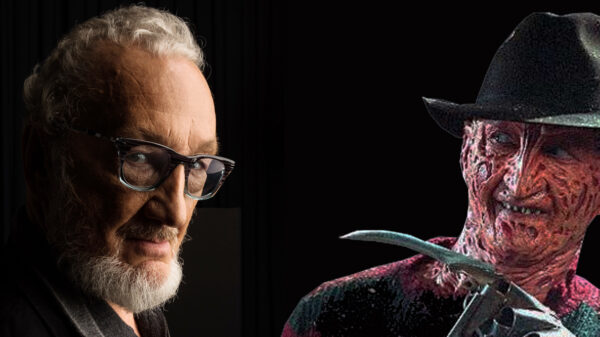

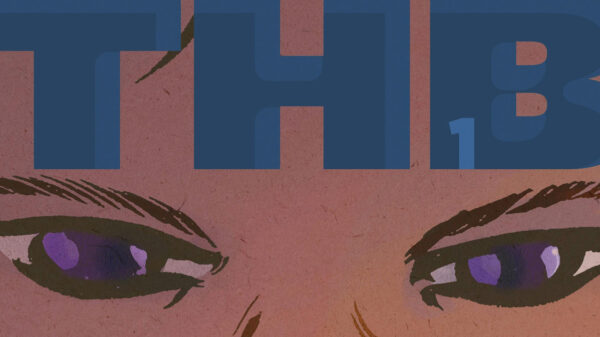

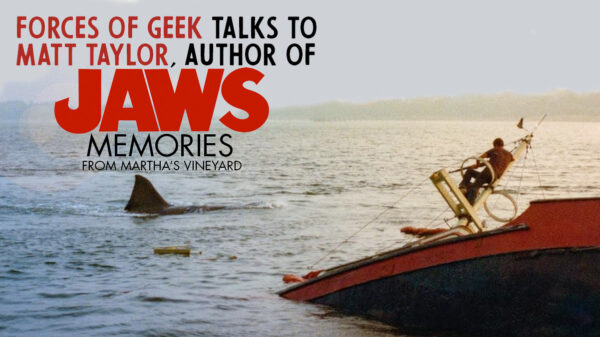
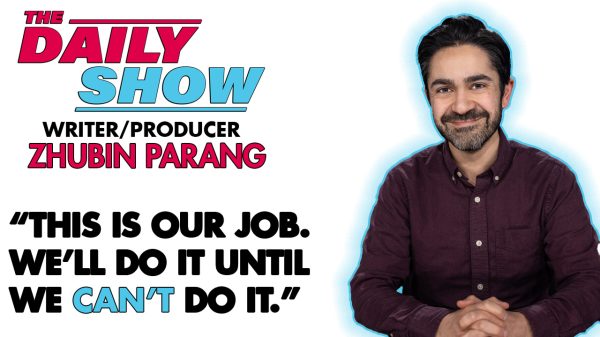
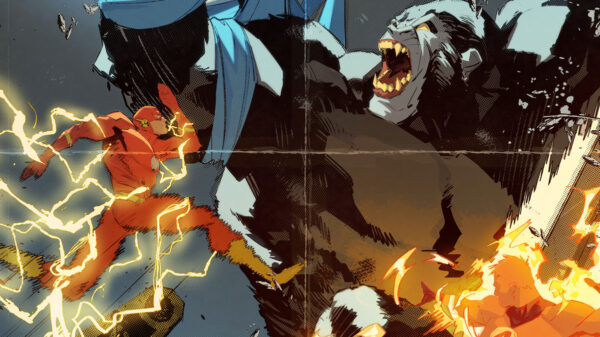
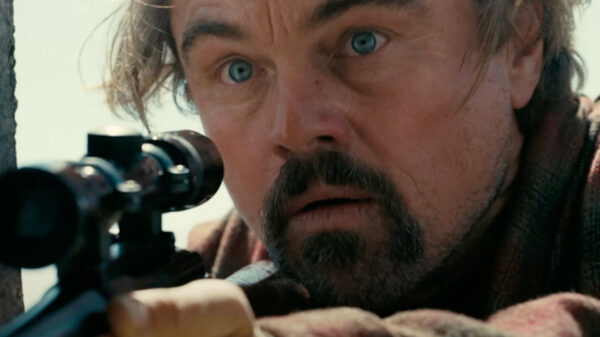

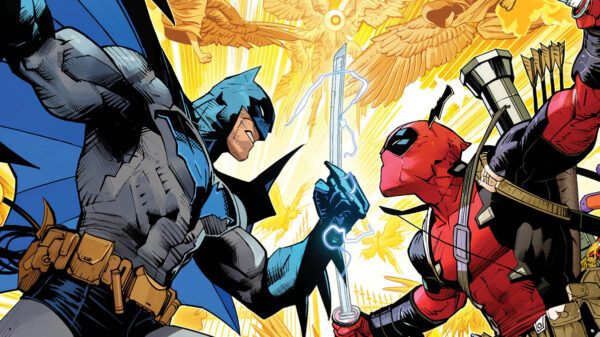
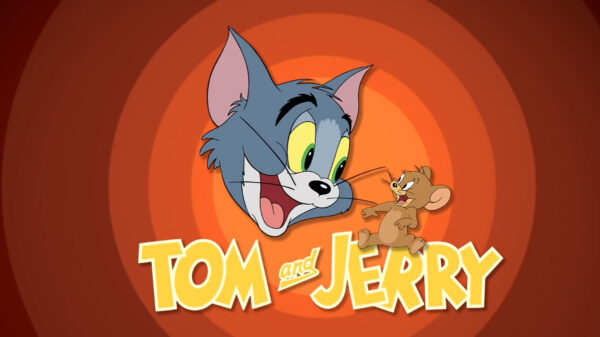



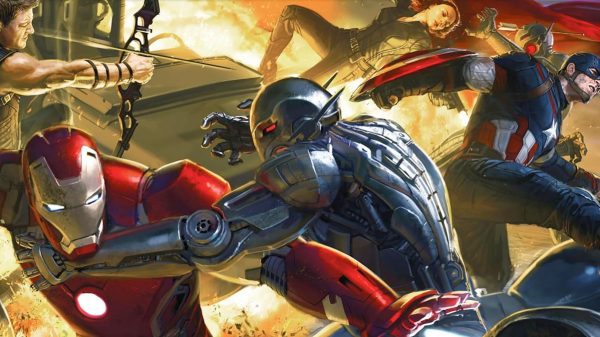

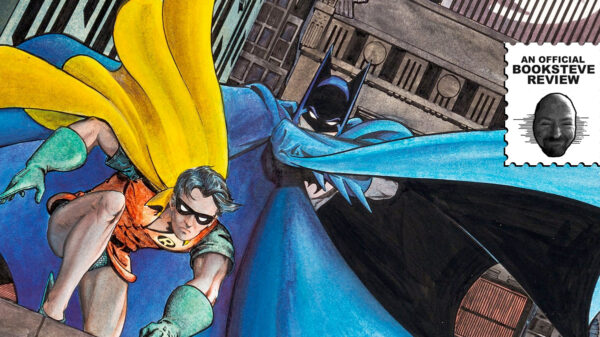
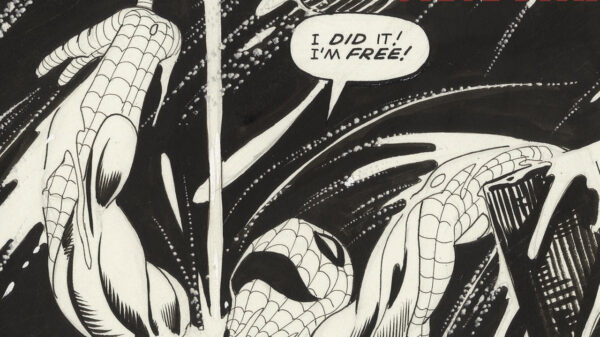
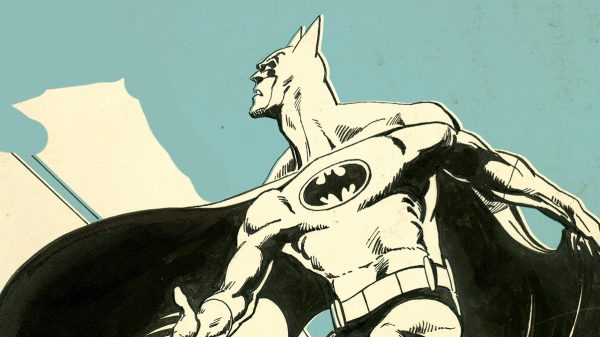

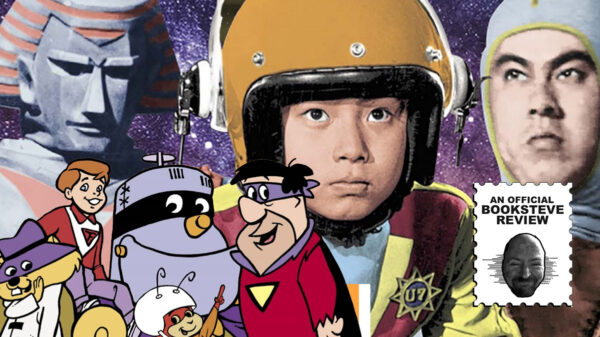


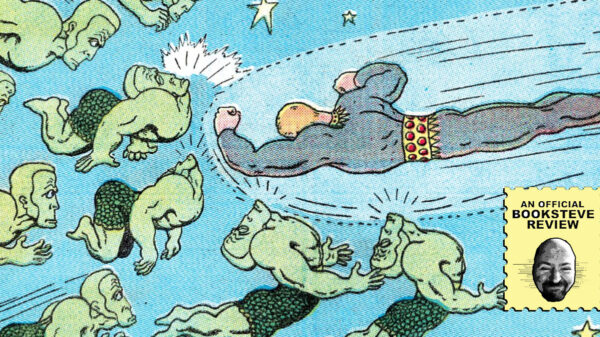
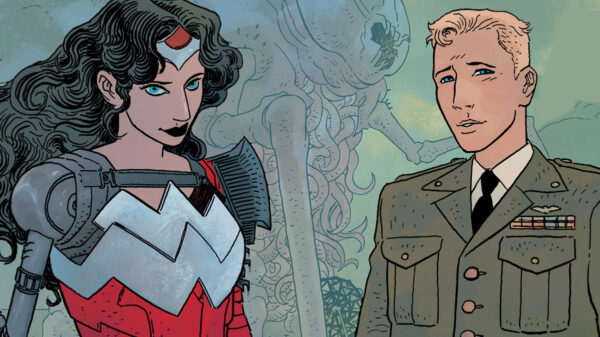









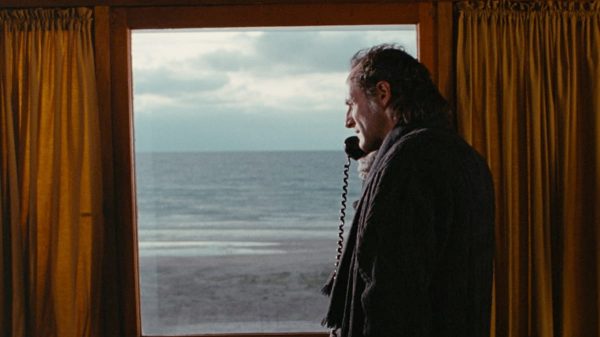
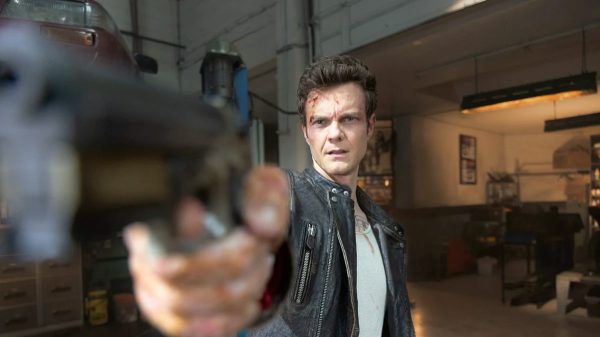
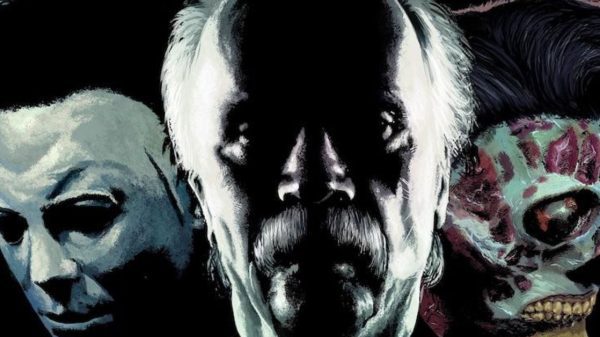
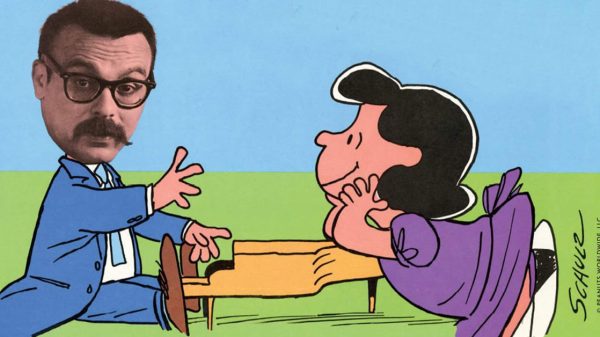
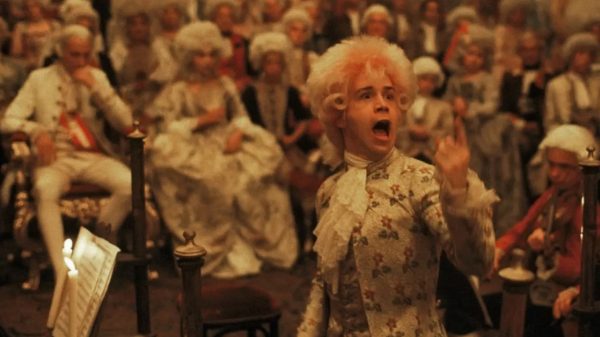











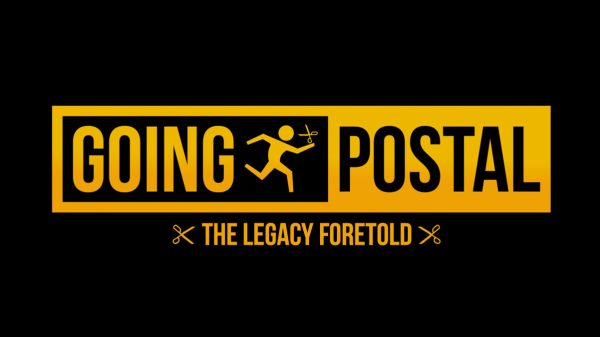

















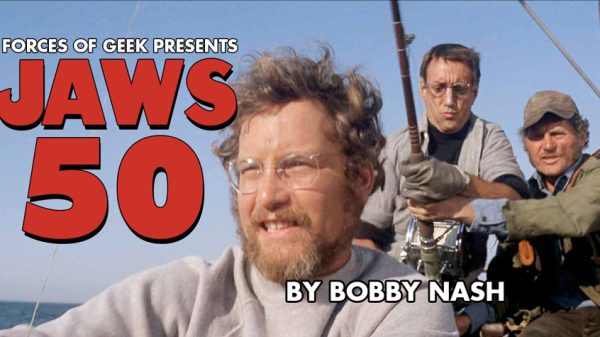









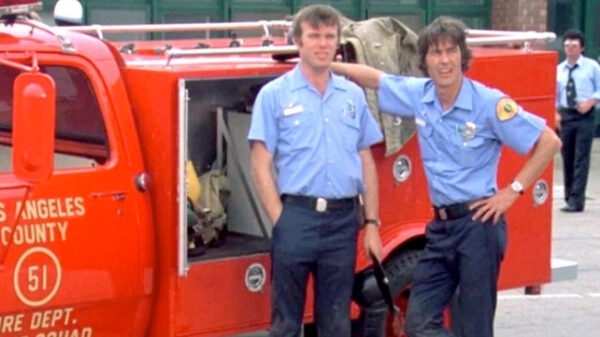
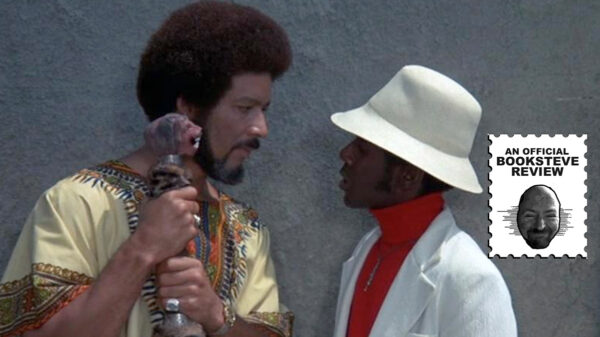
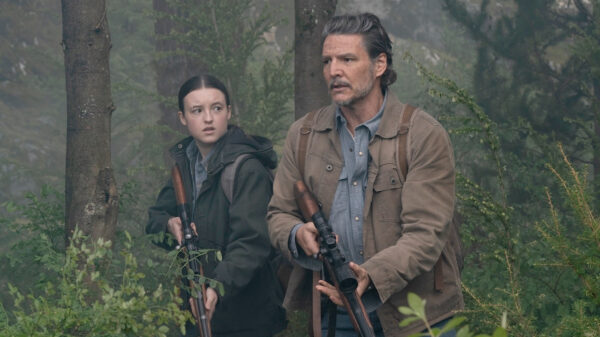











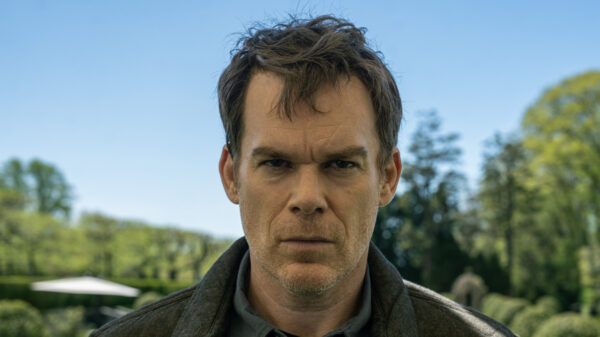
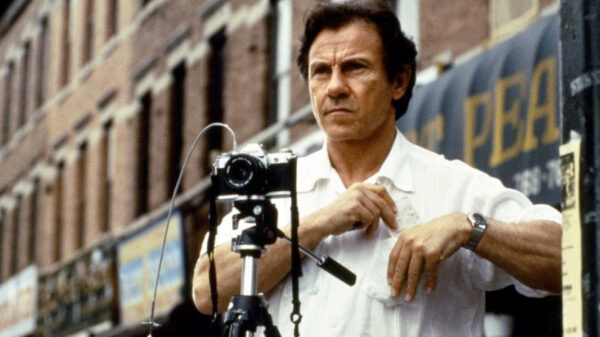
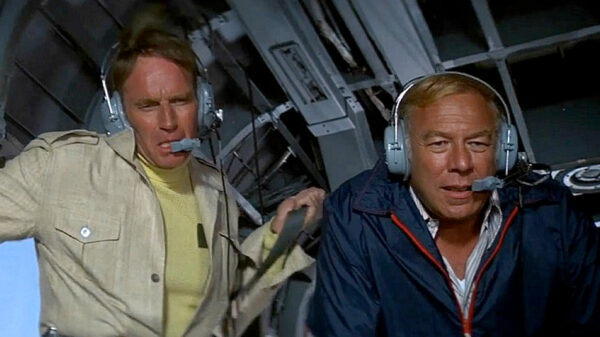
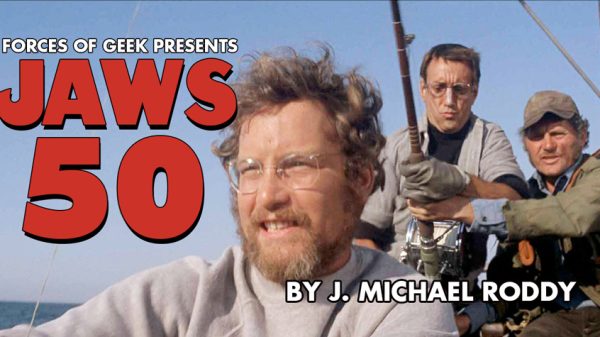







You must be logged in to post a comment Login